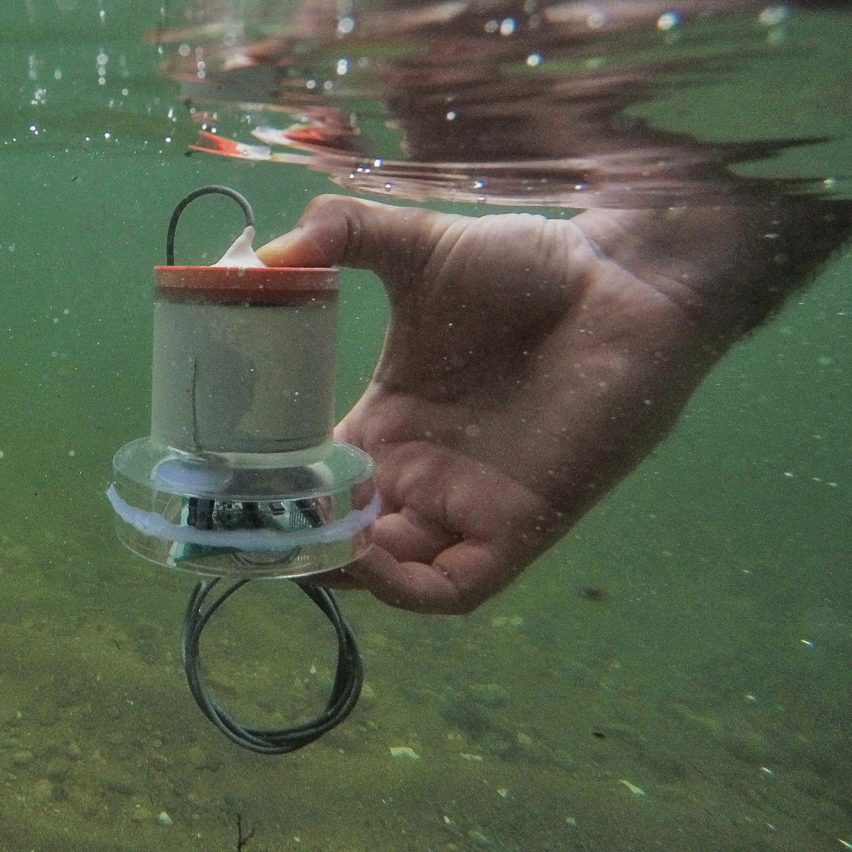MIT creates battery-free sensor for deep-sea and extraterrestrial exploration

An underwater internet of things monitoring the effects of climate change or sampling waters on distant planets is the dream of a group of MIT researchers who have created a battery-free underwater sensor.
The sensor is part of a communications system that avoids a key problem with underwater electronics, which is the pollution from the use of batteries.
Instead, the sensor harnesses two technologies: for energy, there's the piezoelectric effect, where vibrations in certain materials generate an electrical charge.
And for transmitting data, there's backscatter, which involves reflecting wireless signals back to a reader, and is commonly used in radio frequency identification (RFID) tags.
With these two methods combined, the almost-zero-energy system could operate for a long time with minimal human intervention.
The sensor doesn't require any batteries to function underwater
Its creators at the Massachusetts Institute of Technology (MIT) have dubbed it the Piezo-Acoustic Backscatter System, and detailed their findings at last week's SIGCOMM conference in Budapest, where they won "best paper".
The paper's co-author Fadel Adib said he had been inspired to start work on the system while watching the documentary series Blue Planet.
"It occurred to me how little we know of the ocean and how marine animals evolve and procreate," he said.
Observation is limited in part because Wi-Fi and Bluetooth signals can't be used under water: "And you don't want to pu...
| -------------------------------- |
| CÃMO DIVIDIR UN ÃNGULO EN PARTES IGUALES |
|
|
Villa M by Pierattelli Architetture Modernizes 1950s Florence Estate
31-10-2024 07:22 - (
Architecture )
Kent Avenue Penthouse Merges Industrial and Minimalist Styles
31-10-2024 07:22 - (
Architecture )






